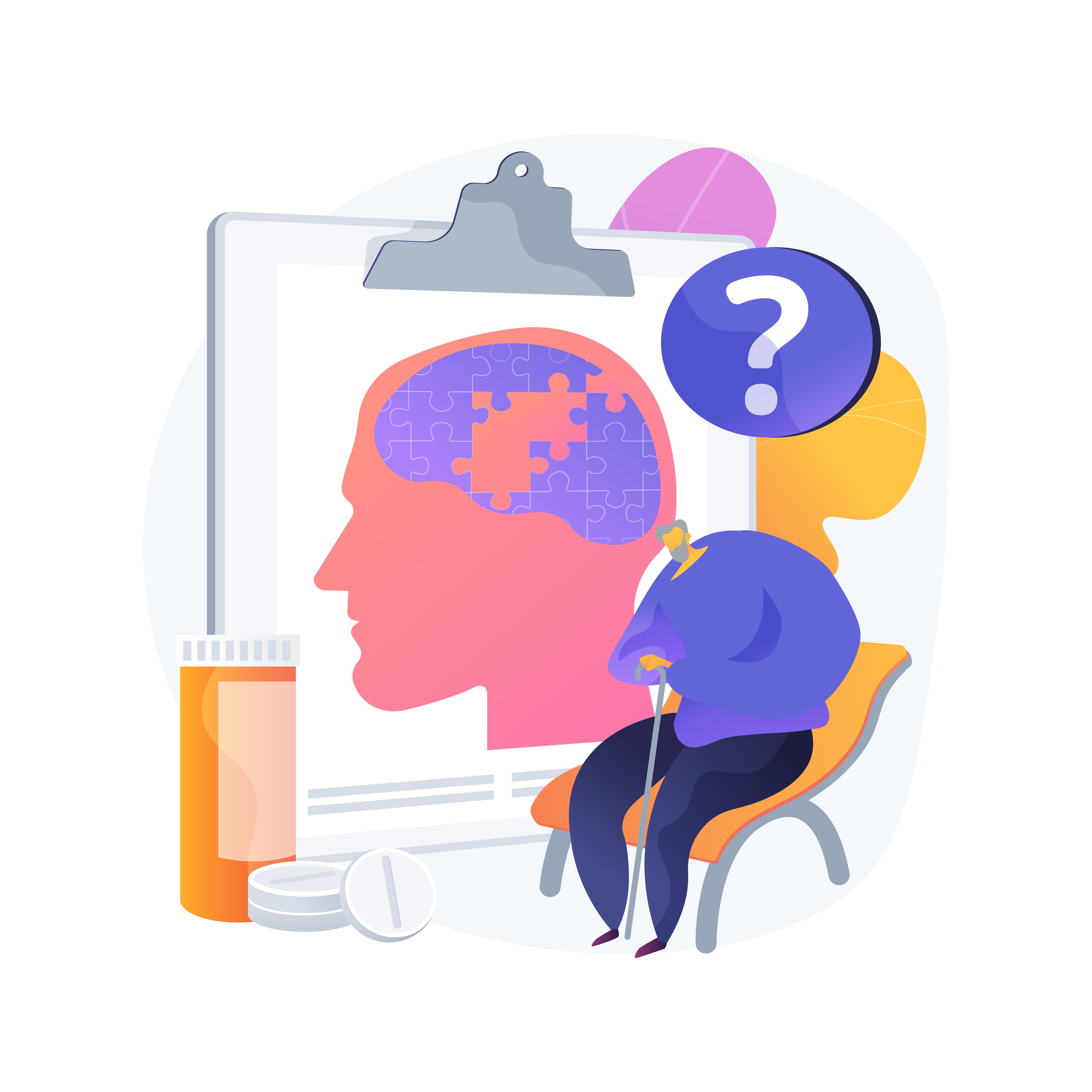Have you ever wondered why some people seem to grasp new concepts easily, while others struggle? Or why some classrooms are loud and chaotic, while others are focused and productive? Educational psychology is the field of study that explores these very questions. It delves into the fascinating world of how people learn, remember, and are motivated. This knowledge is incredibly important because it helps us create better learning experiences for everyone.

Benefits for Teachers
Imagine being a teacher facing a classroom of 25 students, all with different learning styles, backgrounds, and interests. Educational psychology equips teachers with the tools they need to navigate this complex environment. Here’s how:
-
Understanding How We Learn: Educational psychology explores different learning theories. For example, some students learn best by doing (kinesthetic learners), while others prefer visual aids or auditory explanations. By understanding these variations, teachers can tailor their lessons to cater to different learning styles, making the material more engaging and accessible for all students.
-
Creating Effective Learning Environments: The classroom environment plays a crucial role in learning. Educational psychology helps teachers understand how factors like seating arrangements, lighting, and classroom routines can impact student focus and motivation. By creating a well-organized and stimulating environment, teachers can promote positive learning experiences.
-
Identifying Learning Difficulties: Not all students learn at the same pace. Educational psychology helps teachers recognize signs of learning difficulties such as dyslexia or ADHD. Once identified, teachers can provide targeted support and accommodations to help these students reach their full potential.
-
Motivating Students: Student motivation is a key ingredient for successful learning. Educational psychology equips teachers with strategies to keep students engaged and interested in the material. This can involve incorporating fun activities, setting achievable goals, and providing positive reinforcement.
-
Assessing Learning: Educational assessments help teachers gauge student understanding and identify areas where students might need extra help. Educational psychology provides teachers with various assessment tools and techniques to accurately measure student learning and adjust their teaching accordingly.
Benefits for Students
Educational psychology isn’t just beneficial for teachers; it empowers students as well! Here’s how:
-
Understanding Your Learning Style: Educational psychology helps students understand how they learn best. Whether you’re a visual, auditory, or kinesthetic learner, this self-awareness allows you to develop study strategies that work best for you.
-
Taking Ownership of Your Learning: Educational psychology emphasizes the importance of self-regulated learning. This means students learn to set goals, manage their time effectively, and monitor their own progress. By taking ownership of their learning, students become more invested in their education and achieve greater success.
-
Developing Effective Study Habits: Cramming for exams might work in the short term, but it’s not a sustainable strategy. Educational psychology teaches students valuable study skills like spaced repetition, mnemonics, and effective note-taking. These skills enhance learning and retention in the long run.
-
Motivation and Self-Esteem: Educational psychology helps students develop strategies for staying motivated. This can involve setting realistic goals, rewarding themselves for accomplishments, and developing a growth mindset – the belief that intelligence and abilities can be developed through effort. By staying motivated, students are more likely to persevere through challenges and achieve their academic goals. A sense of accomplishment also boosts self-esteem and confidence in one’s learning abilities.
-
Learning About Different Learning Styles: It helps students appreciate that everyone learns differently. This fosters empathy and understanding for classmates who might have different learning styles or needs.
You can also read : Assessment: Strategies for Achieving Your Goals
Conclusion
Educational psychology is a powerful tool that benefits both teachers and students. By understanding how people learn, we can create more effective and engaging learning experiences. Teachers gain valuable strategies to cater to individual needs and create a positive learning environment, while students develop self-awareness, strong study habits, and the motivation to succeed. Ultimately, educational psychology paves the way for a more personalized and effective learning experience for everyone.